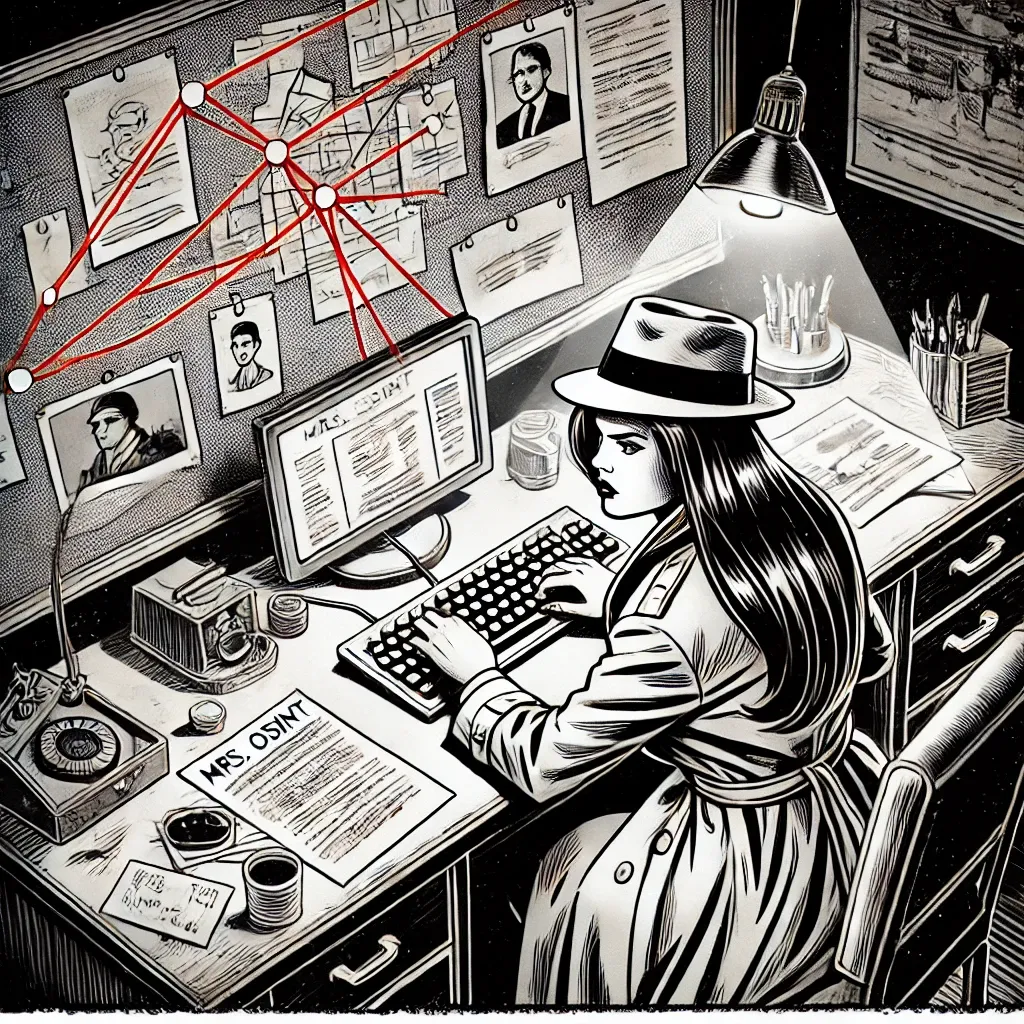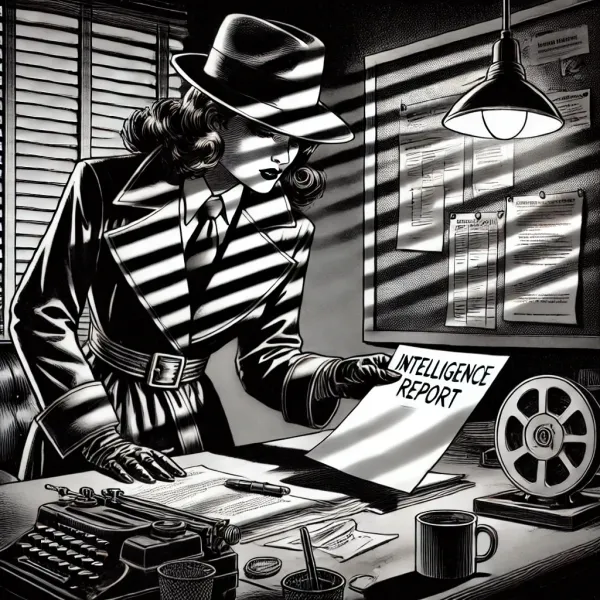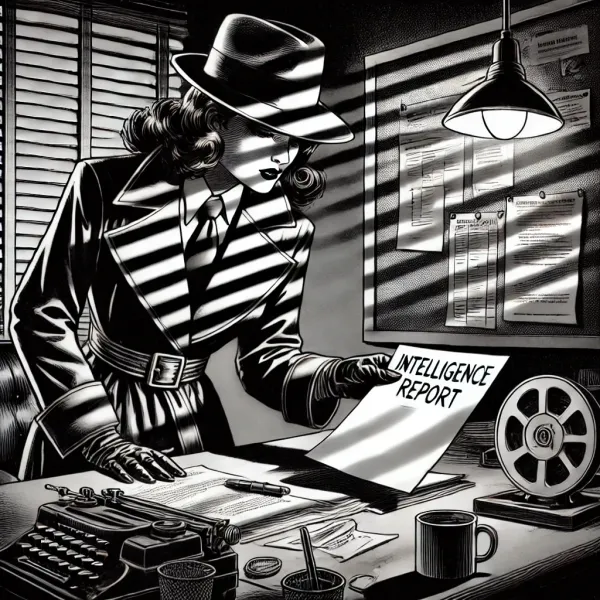Soft Skills, Sharp Mind: What Makes a Digital Detective

I know we all love a good tool. We’re always chasing the next technical tutorial, that shiny new script, or a “Top 10 Tools You Should Be Using in 2025” post. And hey, I’m not knocking it. Those resources matter.
But sometimes we forget about the skills that don’t show up in a tool list or get talked about in courses/training.
No, I’m not talking about Googling better (although let’s be honest, that’s a superpower too).
And no, I don’t mean phone etiquette with a client.
I’m talking about soft skills in the context of investigation.
The kind of skills that help you make sense of a lead, stay with a case when the trail runs cold, and think like the person you’re researching. These aren’t “nice-to-have” skills. They’re foundational.
What does that look like?
- Curiosity: The drive to keep asking “what else?”
- Judgment: Knowing what actually matters in a sea of screenshots and tabs.
- Patience : Not quitting on a cold lead. Letting a case breathe.
- Adaptability: Pivoting when the site’s down or the method isn’t working.
- Communication: Explaining your findings clearly, to a client, a team, or even a beginner just getting started.
I know they aren’t flashy, but they’re essential to have. As someone still early in my journey, I’ve had a lot of realizations mid-investigation. One soft skill that’s been especially important is judgment. Knowing how to filter out the noise and hold on to what actually matters.
Now you might be wondering, can someone actually learn soft skills? Or are they just something you pick up with experience?
Ehm, I say both!
No one wakes up one day magically knowing how to follow a hunch or read between the lines. You build those muscles over time. The more cases you touch, the more profiles you review, the more rabbit holes you chase (and sometimes regret), the better your instincts get.
With time, you start to notice what feels off. You start asking better questions. You learn when to push, when to pause, and when to walk away.
I’m all about putting what I learn into practice. So how can you actually work on soft skills today?
Here are a few ways to start sharpening them right now:
- Curiosity: Review a case and brainstorm 5 different angles you could investigate.
- Judgment: Review old investigations & ask yourself "What did I miss?"
- Patience : Set a timer & take a break from an investigation when needed. I do better when I can return to something with fresh eyes.
- Adaptability: Pivoting when the site’s down or the method isn’t working.
- Communication: Practice teaching/sharing techniques or summarize an investigation you did by writing 1-2 pages.
Why does this matter?
If you’re transitioning into a new field and job hunting, remember that most skills are teachable. But there are a few that no one can really teach you. They can point you in the right direction, but you’ve got to build them yourself. I had to learn this the hard way.
When you’re crafting your resume, focus on the skills that show how you think and approach problems. Choose skills over tools.
Remember: Tools change. Your mindset is what sticks.
Now I'm Curious:
What soft skill has helped you most in your investigative/research work?
If you're just starting, what skills are you currently working on?
Drop me a comment, shoot me a message, or tag me in your post.
Let’s talk about the human side of open-source!




